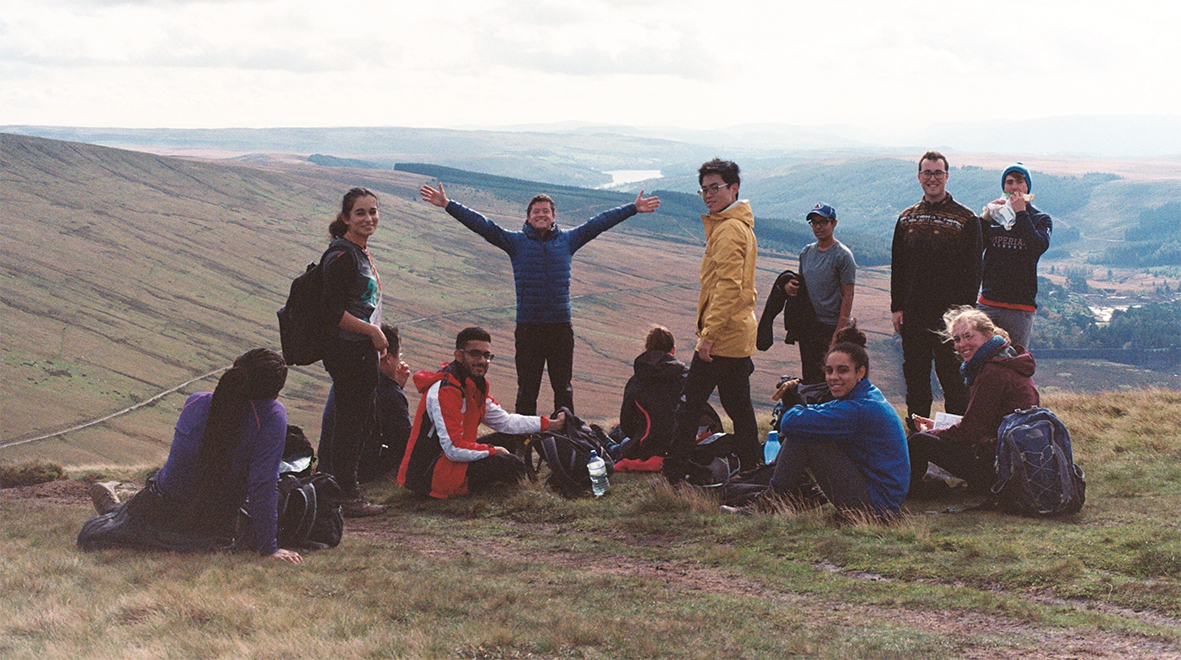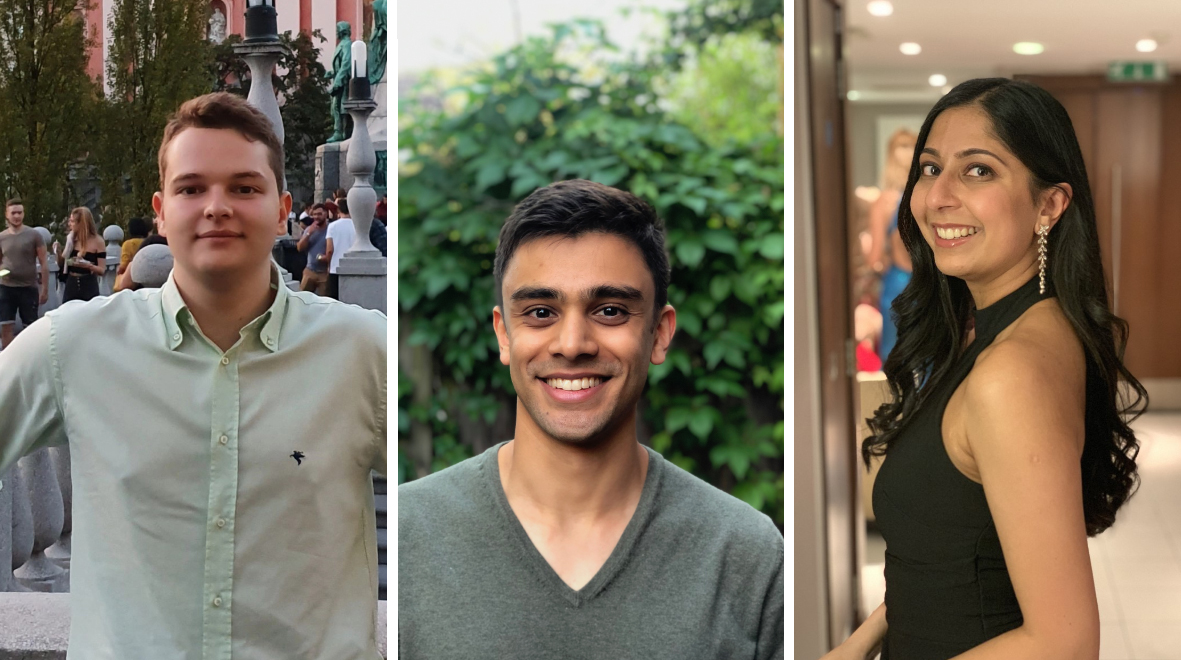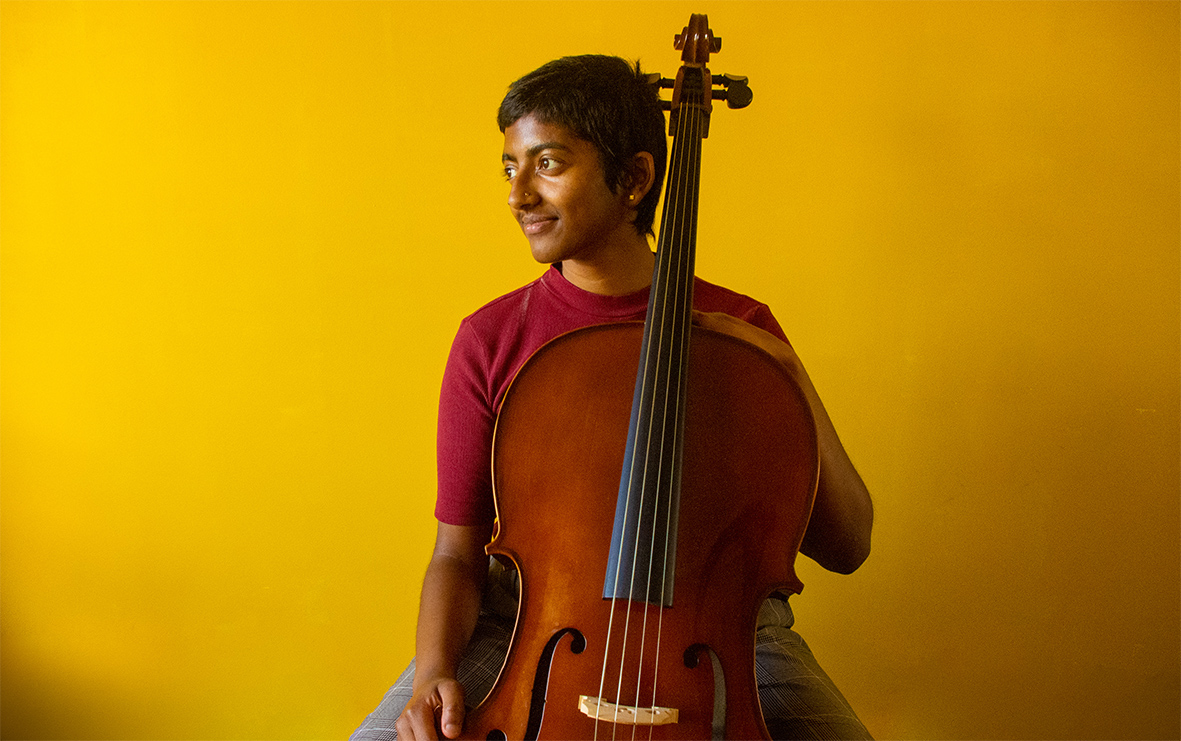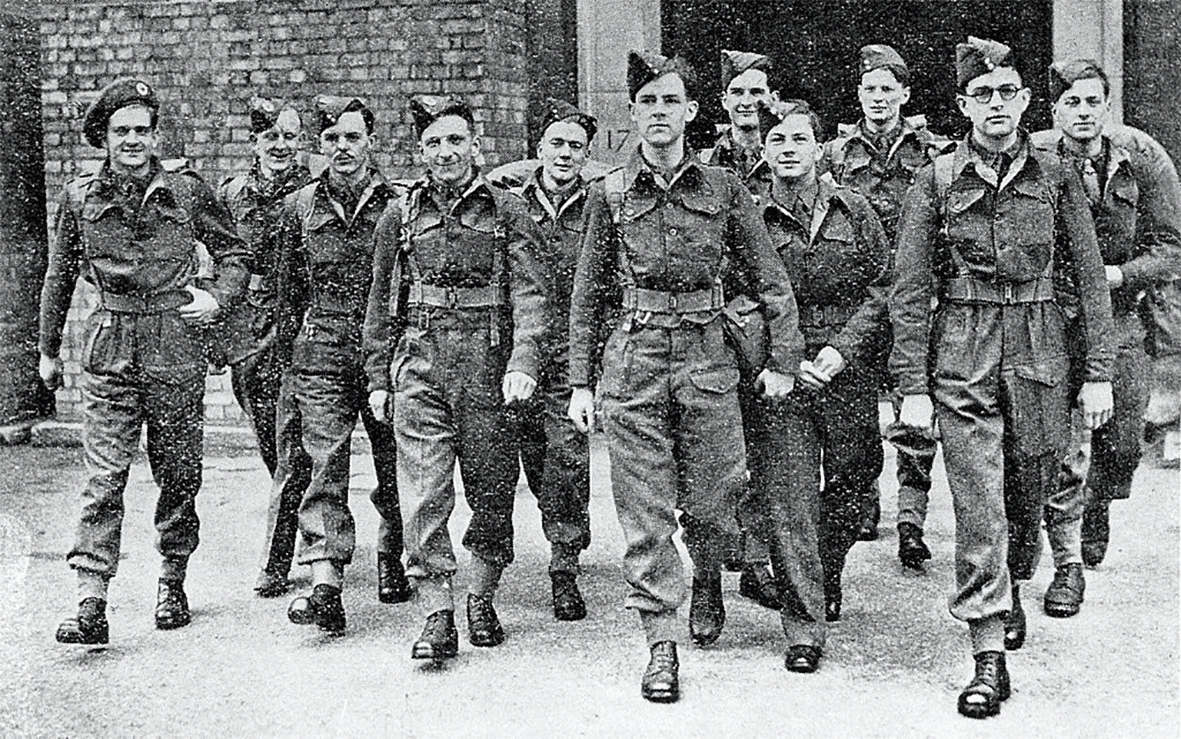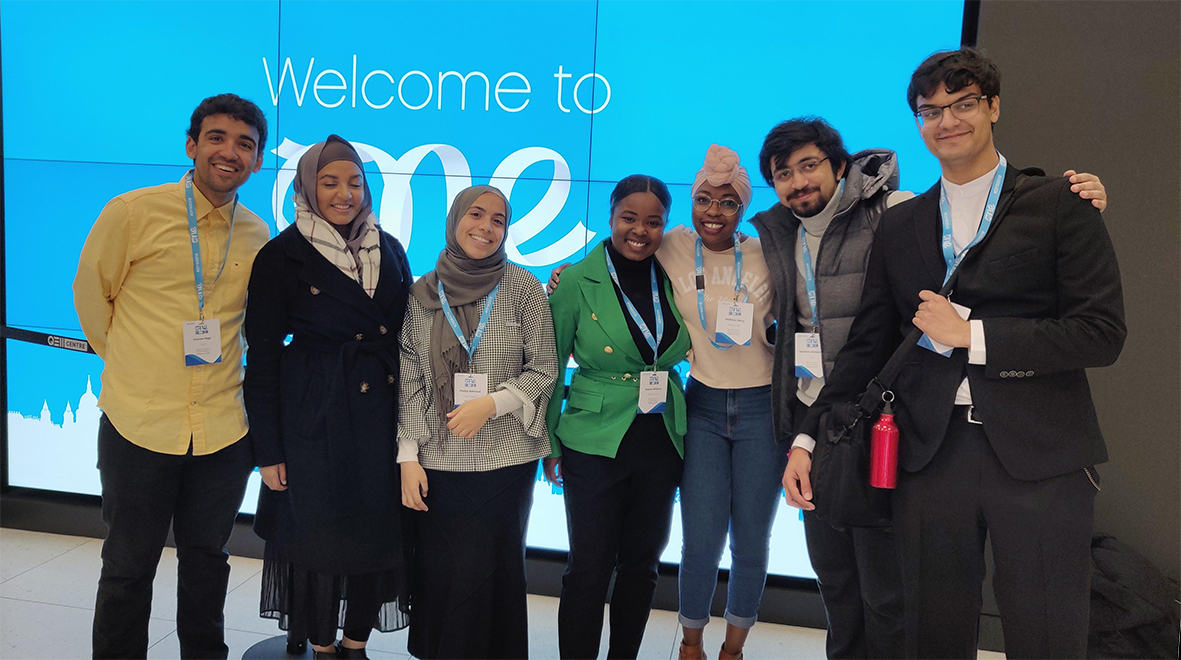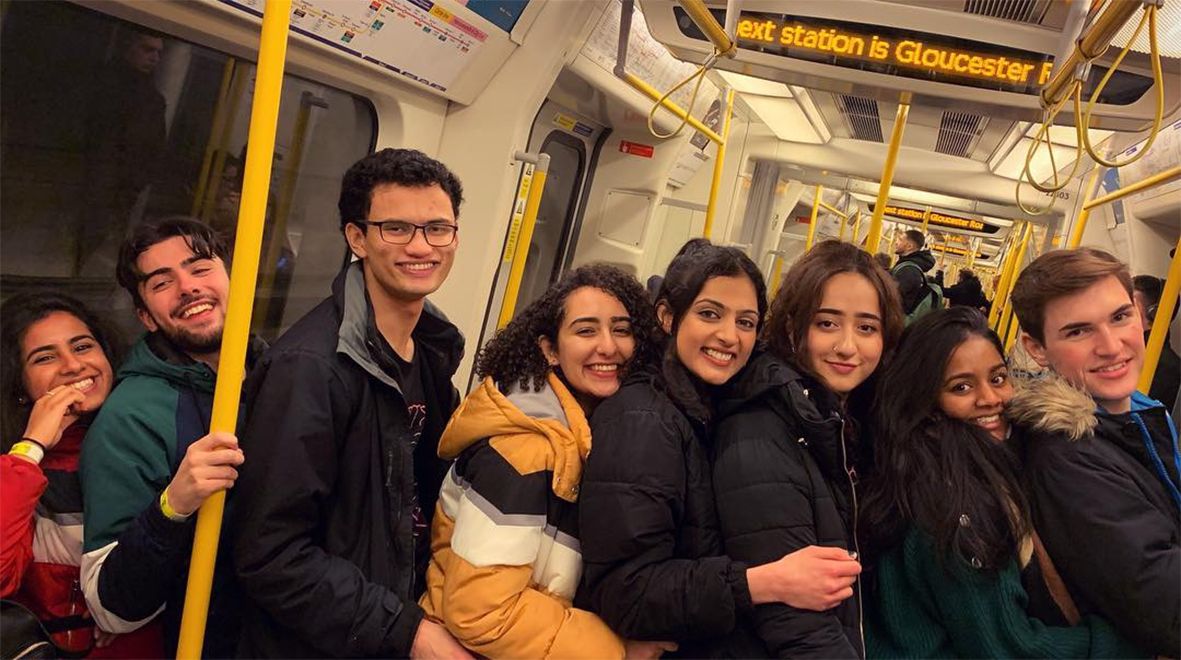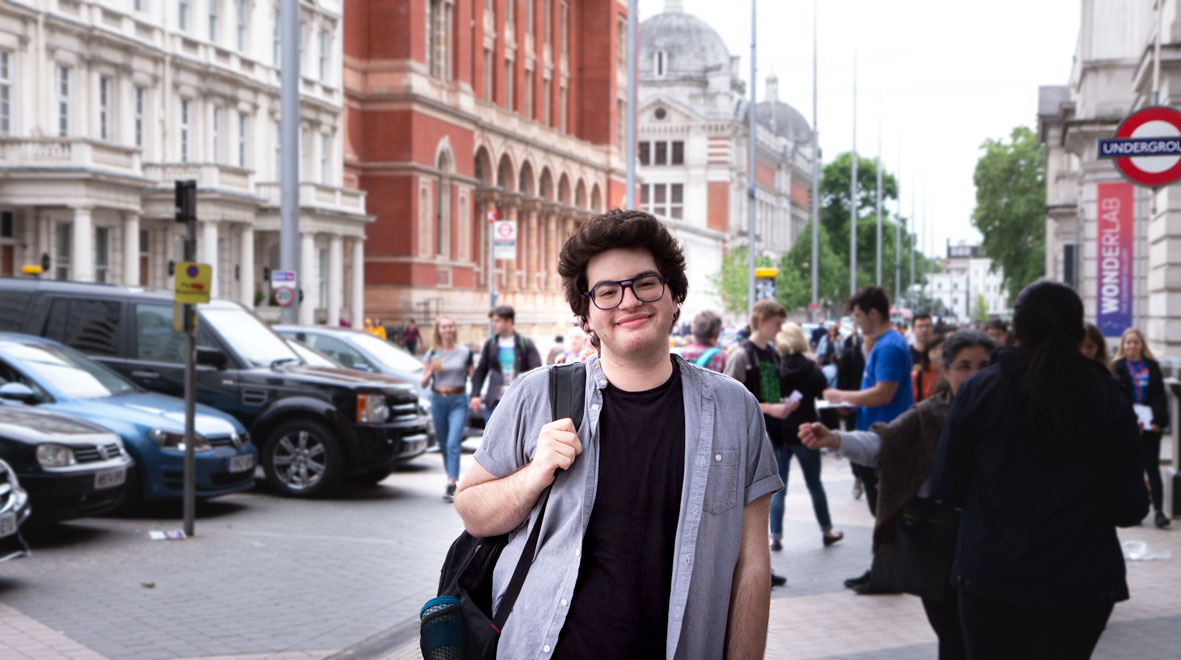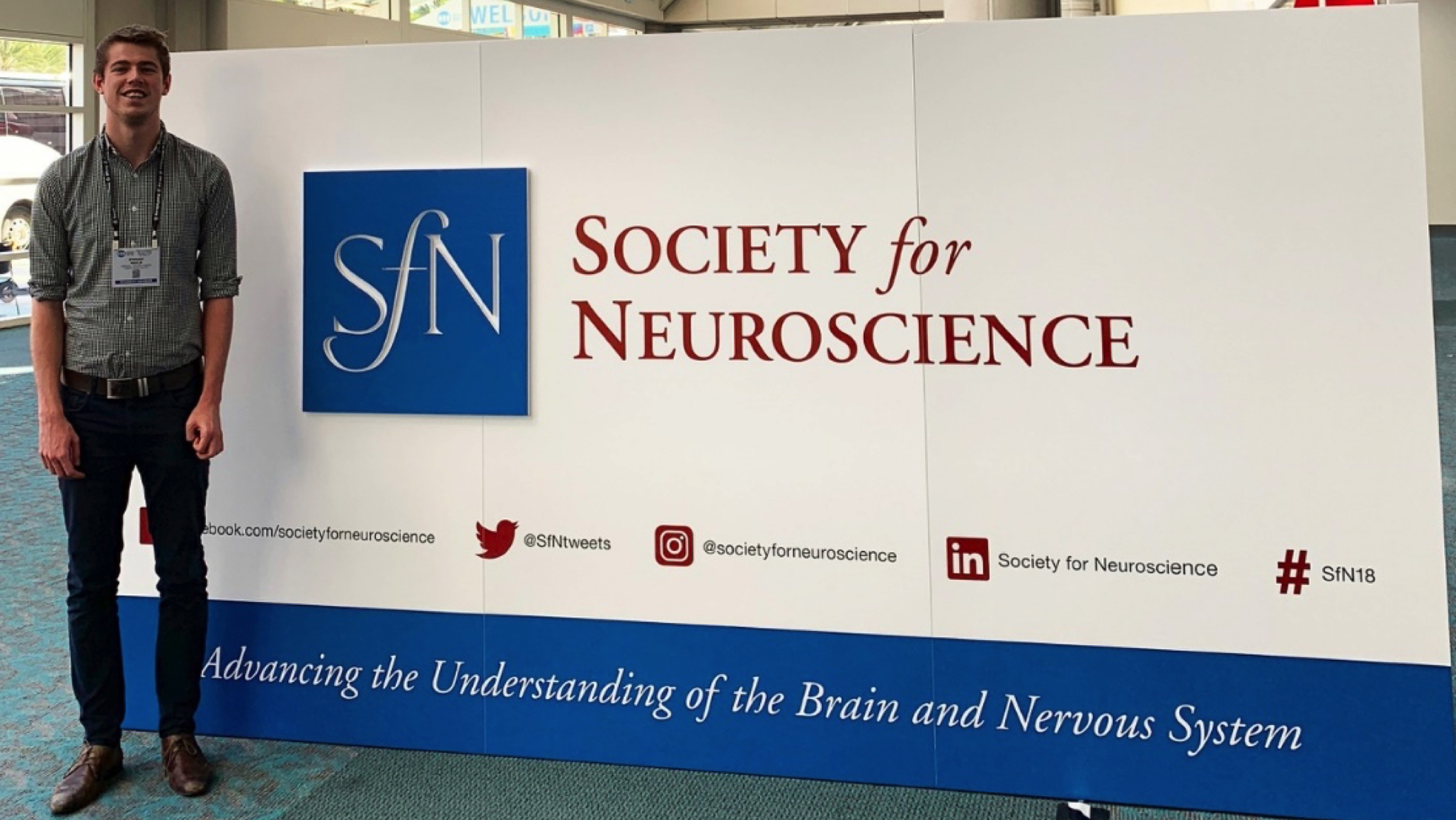Masked: uncovering an unseen issue
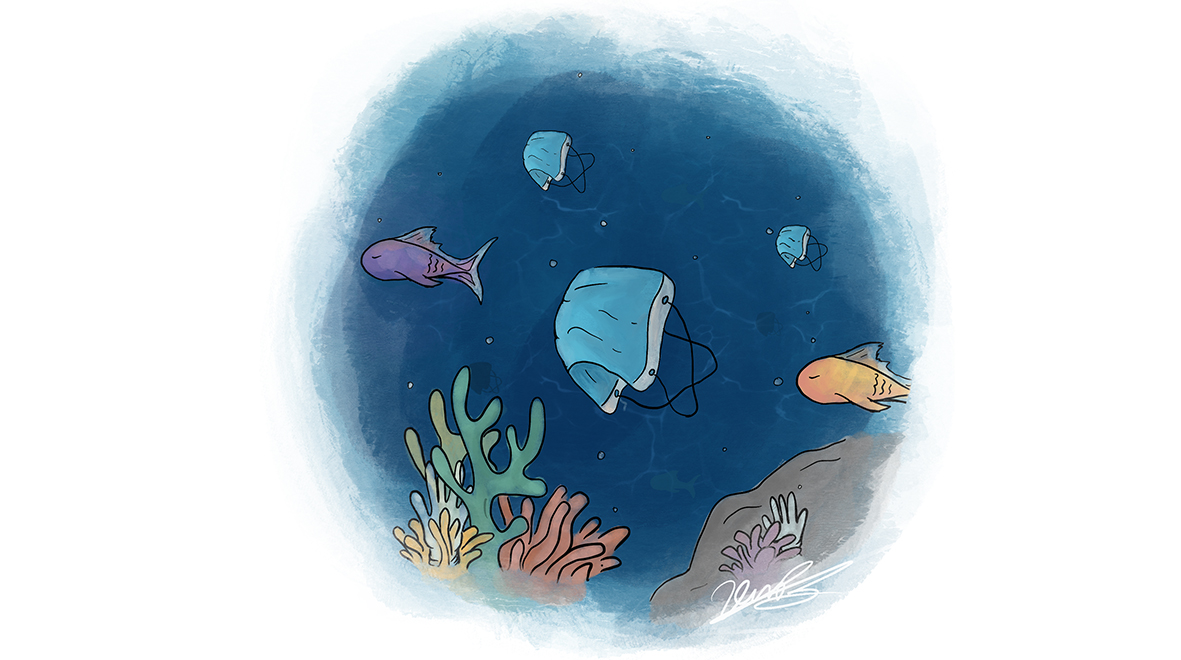
For Imperial’s Sustainability Week, medical student Urvi highlights the environmental impact of abandoned face masks.
This pandemic has unexpectedly impacted the entire world in more ways than one. Despite a whole year having passed in what feels like the blink of an eye, so many historic moments have occurred over the past year, ranging from huge political changes to unrest and activism. It’s given us a lot to reflect on and I know that I personally have realised how there is so much we can do to strive to make this world a better place.
Other than grocery shopping, leaving my house for a walk is unfortunately the only kind of outing I’ve had these days. It dawned upon me how wrongly accustomed I had become to seeing masks and gloves littered and trodden into the pavement and grass near where I lived. I don’t remember there being so much litter in my neighbourhood before. I couldn’t help but think that if this is the case in our cities and towns, imagine how many masks and gloves would be littering our beaches and rivers, let alone our oceans…
